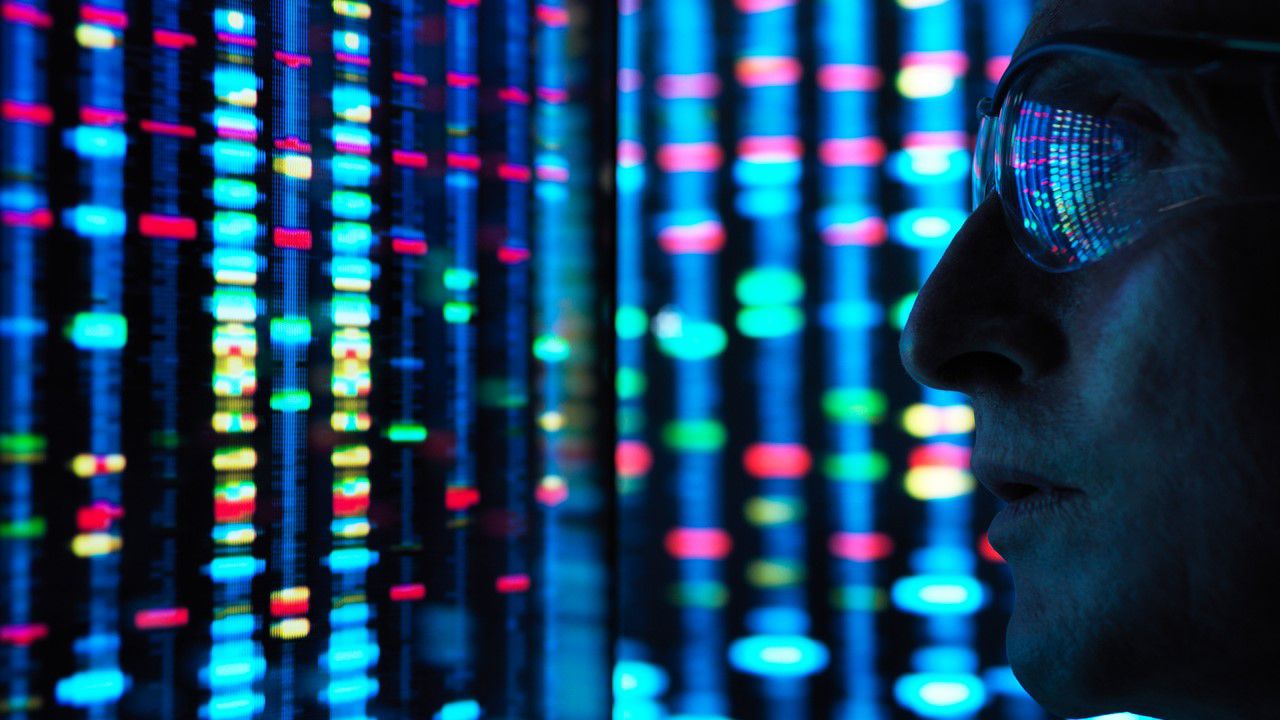New York state lawmakers advanced legislation in the final days of session to regulate the use of artificial intelligence, but one is unlikely to pass the state Assembly before time runs out.
Lawmakers defied big tech companies over the last week and passed legislation to protect the public when AI is used irresponsibly as Congress considers a 10-year moratorium to prevent states from regulating the emerging technology.
State senators voted late last week to pass a bill to mandate developers perform impact assessments and manage the risk of its emerging AI tools. The bill, known as New York AI, would also protect whistleblowers so employees can speak out against reckless practices.
"It creates guardrails like impact assessments and audits so we know how these tools are being developed and deployed," said Senate sponsor Kristen Gonzalez, a Queens Democrat who chairs the Internet and Technology Committee.
Gonzalez said the bill has a private right of action so people can seek damages if the use of an AI tool causes them harm.
But lawmakers Tuesday afternoon said they doubted it would clear the Assembly before the chamber concludes session for the year Tuesday night.
A few other AI bills will head to Gov. Kathy Hochul's desk by the end of the year. A bill cleared both houses that would require large AI companies to publish safety protocols and disclose incidents when an AI model behaves dangerously.
The measure, known as the Responsible AI Safety and Education Act, would also hold developers liable for potential public safety threats and prevent the use of the technology to develop bioweapons.
"Innovation is great. We want to encourage innovation, but do it safely," said Assembly sponsor Alex Bores, a Manhattan Democrat.
Large technology companies have fought back against the proposals, arguing the liability standards would restrict development and will create burdensome requirements that will be difficult to interpret.
"This is well-intentioned, but ultimately is going to drive AI innovation out of New York state to neighboring states like Pennsylvania and Connecticut," said Adam Kovacevich, CEO of Chamber of Progress.
Big tech companies negotiated with lawmakers on a compromise on this bill for the last several weeks, but continue to take issue with the proposed regulations. They said lawmakers needed to take more time to craft rules for the industry and it could damage the United States' ability to lead in AI development and allow China to dominate the global marketplace.
But state lawmakers argue they're being proactive with tech policy as Congress considers a 10-year moratorium on states regulating AI enforcement.
Bores argues the moratorium hasn't passed, and would be unconstitutional.
"The federal government is doing as much as it can in many different places to harm the state of New York, but that just means our responsibility is even more important," he said.
Legislation also cleared both houses that, if signed into law, will require automated decision-making systems used by government agencies that affect public assistance, civil liberties or constitutional rights must have human oversight. Staff must also maintain an AI inventory and regularly assess those systems.
“Instituting guardrails on these technologies in New York state is especially important at this moment when Republicans in Congress are seeking to ban state and city level AI regulation for the next 10 years,” Gonzalez said. “This would cause a detrimental interruption in the passage of meaningful legislation that protects consumers while encouraging innovation. We must stand up for consumers, even as this federal administration backtracks on responsible AI.”
Democratic lawmakers said they have made regulating artificial intelligence a priority because it's an equity issue. Several AI tools are used to discriminate against certain groups for housing or loan applications, health care and more.
"We want to ensure that artificial intelligence is done in a way where people are just and equal," said Assemblywoman Michaelle Solages, who chairs the state Black, Puerto Rican, Hispanic & Asian Legislative Caucus.


